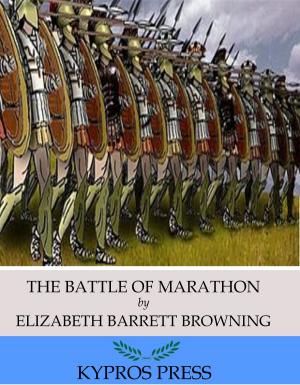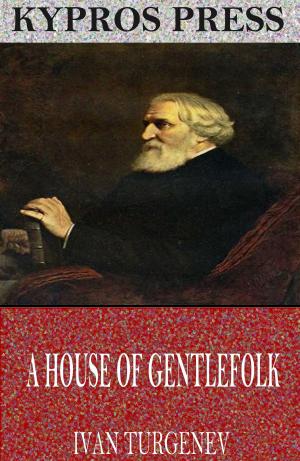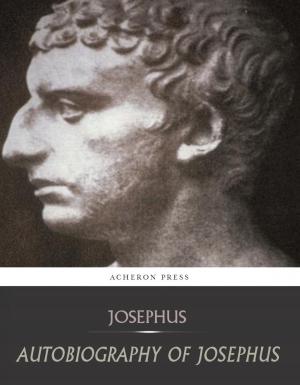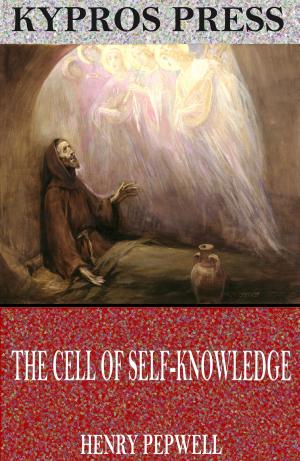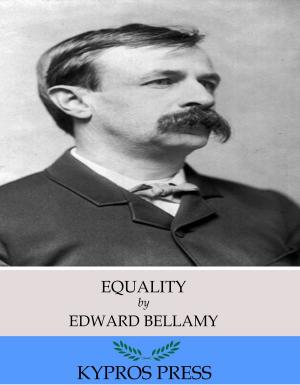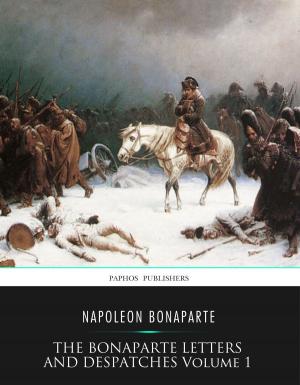The Story of Atlantis: A Geographical, Historical and Ethnological Sketch
Nonfiction, History, Ancient History, Greece| Author: | W. Scott-Elliot | ISBN: | 9781619825383 |
| Publisher: | Charles River Editors | Publication: | February 17, 2012 |
| Imprint: | Language: | English |
| Author: | W. Scott-Elliot |
| ISBN: | 9781619825383 |
| Publisher: | Charles River Editors |
| Publication: | February 17, 2012 |
| Imprint: | |
| Language: | English |
William Scott-Elliot (sometimes spelled Scott-Elliott) (d.1930) was a theosophist who elaborated Helena Blavatsky's concept of root races in several publications, most notably The Story of Atlantis (1896) and The Lost Lemuria (1904), later combined in 1925 into a single volume called The Story of Atlantis and the Lost Lemuria. Atlantis is the name of a legendary island first mentioned in Plato's dialogues Timaeus and Critias. In Plato's account, Atlantis, lying "beyond the pillars of Heracles", was a naval power that conquered many parts of Western Europe and Africa 9,000 years before the time of Solon, or approximately 9500 BC. After a failed attempt to invade Athens, Atlantis sank into the ocean "in a single day and night of misfortune." As a story embedded in Plato's dialogues, Atlantis is generally seen as a myth created by Plato to illustrate his political theories. Although the function of the story of Atlantis seems clear to most scholars, they dispute whether and how much Plato's account was inspired by older traditions. Some scholars argue Plato drew upon memories of past events such as the Thera eruption or the Trojan War, while others insist that he took inspiration from contemporary events like the destruction of Helike in 373 BC or the failed Athenian invasion of Sicily in 415413 BC. The possible existence of a genuine Atlantis was actively discussed throughout classical antiquity, but it was usually rejected and occasionally parodied. While basically unknown during the Middle Ages, the story of Atlantis was rediscovered by Humanists in modern times. Plato's description inspired the utopian works of several Renaissance writers, like Francis Bacon's "New Atlantis". Atlantis inspires today's literature, from science fiction to comic books and movies, its name having become a byword for any and all supposed prehistoric but advanced (and lost) civilizations. This edition is specially formatted with a Table of Contents.
William Scott-Elliot (sometimes spelled Scott-Elliott) (d.1930) was a theosophist who elaborated Helena Blavatsky's concept of root races in several publications, most notably The Story of Atlantis (1896) and The Lost Lemuria (1904), later combined in 1925 into a single volume called The Story of Atlantis and the Lost Lemuria. Atlantis is the name of a legendary island first mentioned in Plato's dialogues Timaeus and Critias. In Plato's account, Atlantis, lying "beyond the pillars of Heracles", was a naval power that conquered many parts of Western Europe and Africa 9,000 years before the time of Solon, or approximately 9500 BC. After a failed attempt to invade Athens, Atlantis sank into the ocean "in a single day and night of misfortune." As a story embedded in Plato's dialogues, Atlantis is generally seen as a myth created by Plato to illustrate his political theories. Although the function of the story of Atlantis seems clear to most scholars, they dispute whether and how much Plato's account was inspired by older traditions. Some scholars argue Plato drew upon memories of past events such as the Thera eruption or the Trojan War, while others insist that he took inspiration from contemporary events like the destruction of Helike in 373 BC or the failed Athenian invasion of Sicily in 415413 BC. The possible existence of a genuine Atlantis was actively discussed throughout classical antiquity, but it was usually rejected and occasionally parodied. While basically unknown during the Middle Ages, the story of Atlantis was rediscovered by Humanists in modern times. Plato's description inspired the utopian works of several Renaissance writers, like Francis Bacon's "New Atlantis". Atlantis inspires today's literature, from science fiction to comic books and movies, its name having become a byword for any and all supposed prehistoric but advanced (and lost) civilizations. This edition is specially formatted with a Table of Contents.


